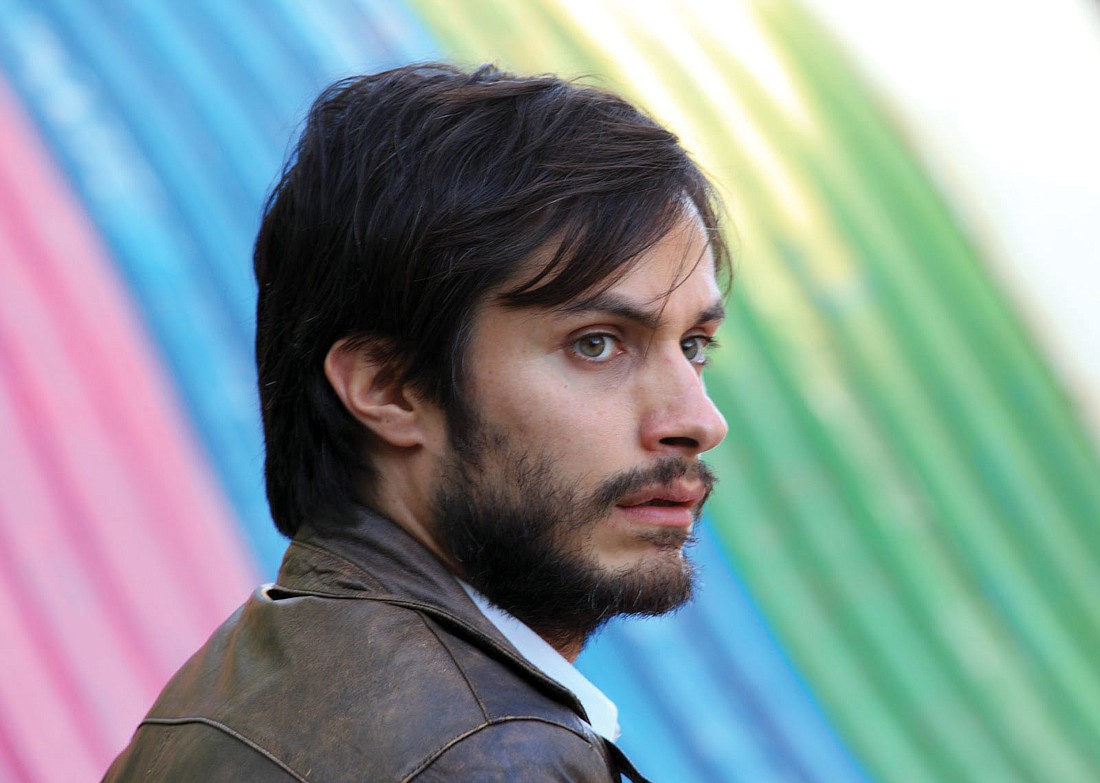- April 18, 2024
-
-
Loading

Loading

The psychology behind selling political ideology has become a powerful resource. In 1988, a young advertising executive and his team managed to achieve the impossible. Against all odds, they ousted Chile’s brutal dictator, Augusto Pinochet, from power. The new film, “No,” demonstrates how eliminating fear through positive imagery can bring about change.
In 1973, a military coup (aided by the CIA) deposed Chile’s elected president, Salvador Allende. Pinochet seized power, and for 15 years his regime was responsible for torturing, kidnapping and murdering political activists. Pressured, he agrees to a “yes” or “no” referendum on continuing his rule. For 27 days, each side is allowed 15 minutes of uncensored TV time to make its case.
Ad man Rene Saavedra is put in charge to develop the “no” campaign. It’s a risky and daunting task — everyone is assuming the election is fixed. His co-workers want him to educate the voters by exposing the horrors that Pinochet exacted upon the Chilean population. Rene thinks otherwise. He believes he can get voters to the polls by accentuating the positive. Spots, which include dancing, picnicking, singing and a rainbow logo, promote that, by voting “no,” happiness is coming. Surprisingly, it catches on, and the rest is history.
“No” is somewhat of an oversimplification of how Pinochet was overthrown but nonetheless riveting and engaging. Chilean director Pablo Larrain (“Post Mortem”) has crafted an intensely interesting piece of work, which is as timely as it is good-looking. He chose to shoot on low-resolution video with a 1980s U-Matic video camera. It was a stroke of genius in meshing archival footage with his own, creating a documentary look and feel.
Another smart move was casting Gael Garcia Bernal (“The Motorcycle Diaries”) as the quietly confident Rene. His performance exudes the power of perseverance via a charismatic and, yet, subdued demeanor. In the end as he rides off on his skateboard, we’re as pleased as he, having known good prevailed and evil was sent hiking.
“No” proves the media has the power to manipulate individuals’ decisions. But on a much larger scale, it taps into human nature, itself. By extricating fear from our psyche, do we automatically do the right thing? “No” seems to indicate yes.